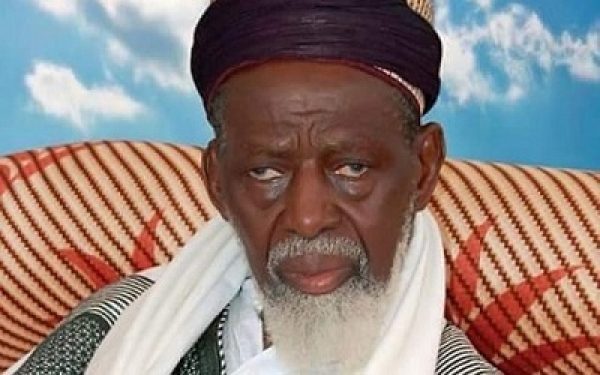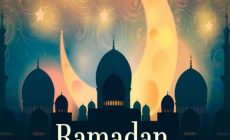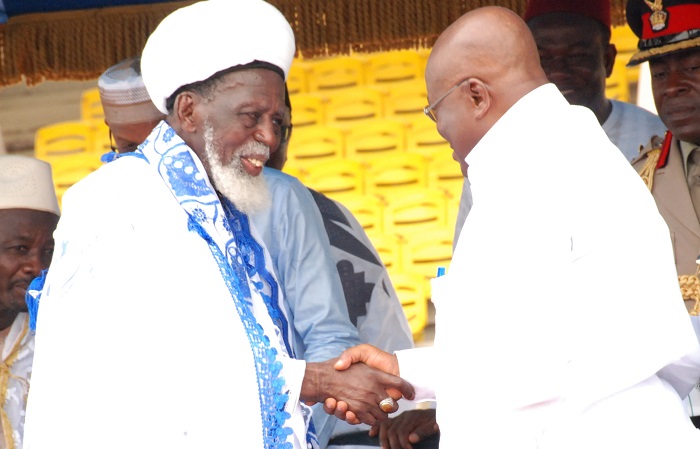Yesterday was the 30 days of Shaaban, which automatically makes today the first day of Ramadan.
Ramadan is the ninth month on the Islamic calendar, known as the Hijri calendar.
It is a period that the faithful undertake dawn-to-dusk fasting, which primarily entails abstinence from food, drink, marital intimacy and any such prohibitions as instructed by Allah.
The month before Ramadan is called Sha’baan. Each Islamic month is either 29 or maximum 30 days.
Where the new moon (that of Ramadan) is sighted on the 29th of Sha’baan (May 15), Muslims are expected to commence fasting the next day.
Those that do not sight it are to complete the 30th day of Sha’baan and automatically start Ramadan the next day – in this case on Thursday, May 17, 2018.
Significance of Ramadan
Ramadan is said to be a holy month during which period the Prophet Muhammad says the doors of hell are firmly sealed and the doors to heaven are wide open.
According to the holy book of Muslims, The Qur’an was first revealed to the Prophet Muhammad during Ramadan.
Before the daily fast, spanning the entire month, Muslims have a pre-dawn meal, called suhoor, and also come together at dusk to break the fast with the meal called iftaar.
Fasting during Ramadan is one of the five pillars of Islam and is compulsory for all Muslims, except those who are exempted – among others the ill, travellers, elderly, pregnant or breastfeeding women, diabetic or menstruating.
Many pilgrims from around the world travel to the holy cities of Makkah and Madinah for Umrah during Ramadan.
Umrah is known as the lesser Hajj, a pilgrimage that can be undertaken at any time of the year.
Muslims are encouraged to avoid gossip, arguments and fighting while they observe self-restraint, self-control and self-discipline during the month.
They are also encouraged to engage in more charity work while they fast to bring them closer to God and remind them of the suffering of the less fortunate.
The common greetings during the month are ‘Ramadan Mubarak’ and ‘Ramadan Kareem’, wishing the recipient a ‘blessed’ and generous Ramadan.
At the end of the 29 or 30 days of fasting, Muslims celebrate Eid al-Fitr, which literally means ‘festival of breaking the fast’ in Arabic.
On the day, Muslims attend a special prayer in the morning at outdoor locations or mosques. The prayer consists of a sermon, followed by the short congregational prayer.
After the prayer, they visit friends and relatives, give gifts, especially to children, and make phone calls to distant relatives to exchange greetings of ‘Eid Mubarak’ or ‘Blessed Eid’.
Muslims start fasting today
- Posted on
- Comment
 The National Chief Imam, Sheikh Dr Osmanu Nuhu Sharubutu, has declared today as the starting day of Ramadan.
The National Chief Imam, Sheikh Dr Osmanu Nuhu Sharubutu, has declared today as the starting day of Ramadan.
He made the announcement after a national Muslim council meeting.










 (Selorm) |
(Selorm) |  (Nana Kwesi)
(Nana Kwesi)